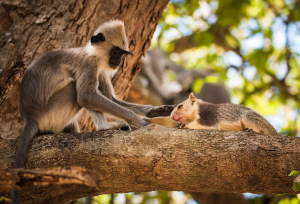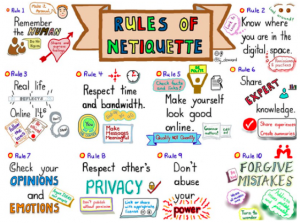 As American studies and foreign language education scholars, we sometimes tend to overlook the vast demand for teachable online resources outside of academia. My work in the transatlantic blended-learning education initiative Teach About U.S. has helped me to establish long-standing relationships with high school teachers and educators in Germany and the United States. Amid the current global health crisis, these teachers are stepping up to support their students and find novel ways to engage them in educational activities while they struggle with ‘the new normal’ during the pandemic.
As American studies and foreign language education scholars, we sometimes tend to overlook the vast demand for teachable online resources outside of academia. My work in the transatlantic blended-learning education initiative Teach About U.S. has helped me to establish long-standing relationships with high school teachers and educators in Germany and the United States. Amid the current global health crisis, these teachers are stepping up to support their students and find novel ways to engage them in educational activities while they struggle with ‘the new normal’ during the pandemic.
As schools have been shut down for weeks, many of these colleagues have reached out to us, seeking advice on educational technology and its implementation. All too often, they are pushed to create makeshift solutions as their school servers are overwhelmed with the sudden spike in user demand. Many colleagues have shared their experience of setting up private chat and social media groups to share assignments and educational resources, unsure whether this may violate school and state rules.
With misinformation about the coronavirus on the rise, a historic presidential election campaign in the United States, and the press under attack from different sides, I would like to share some of my favorite student-friendly news media as well as resources on media literacy for primary and secondary school students.











